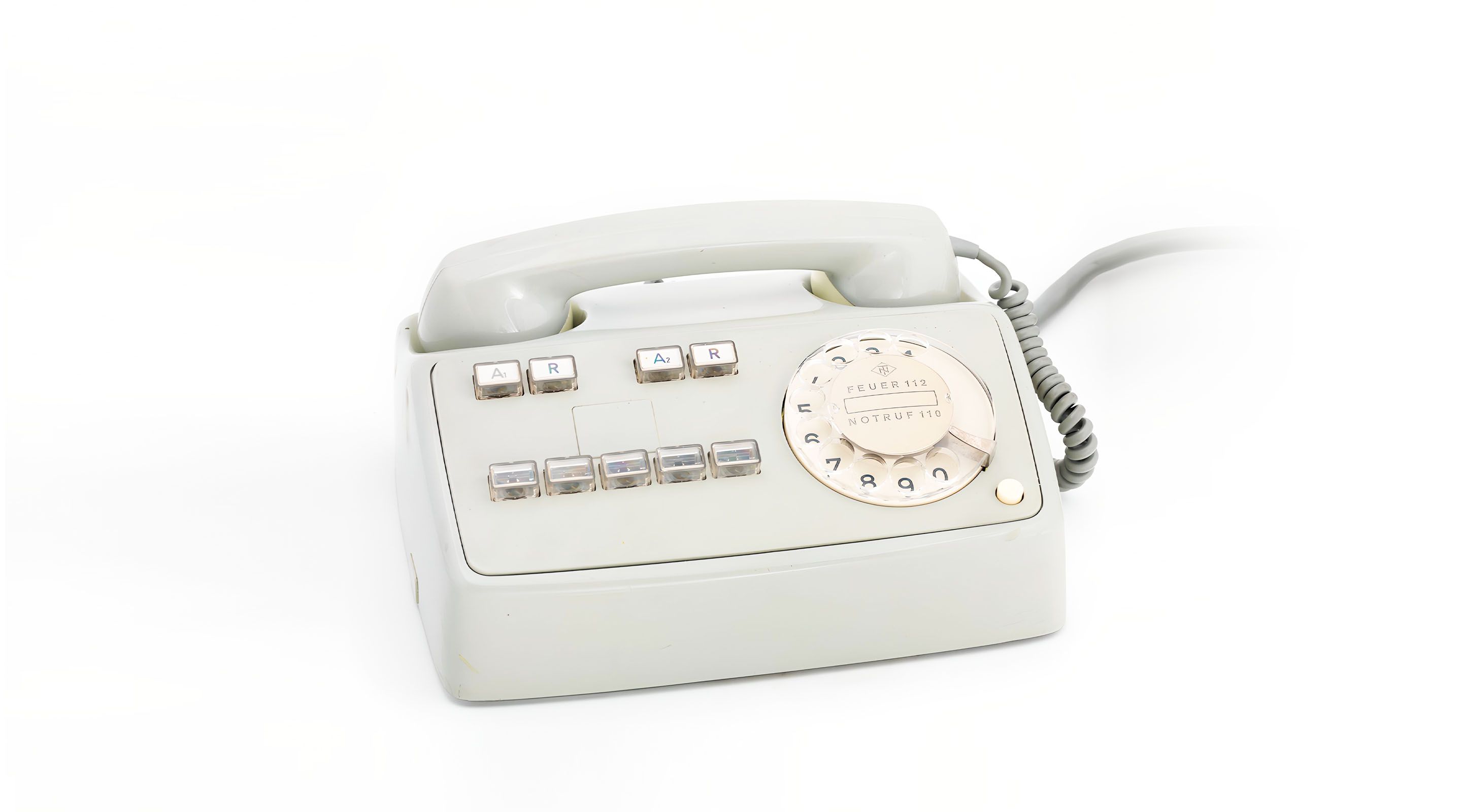
1960
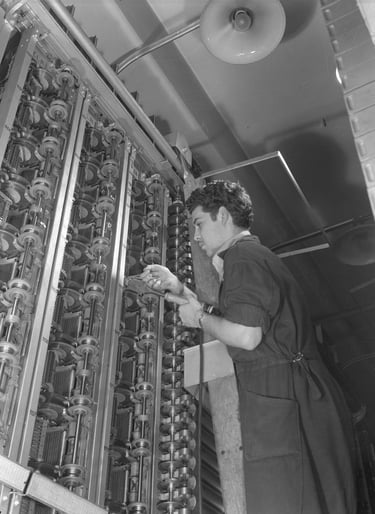
The Government's Stabilisation Plan leads to a period of growth. The telephone service becomes essential and CTNE begins a period of expansion.
Unstoppable advance of the telephone
01
1960 is a special year, marking the beginning of a period of expansion and great social change in the world. And in Spain there would be a significant change as well. The foundations had been laid with the government's Stabilisation Plan, a year earlier, which meant a commitment to the market, progressive trade liberalisation and opening up to the world, and the impact could soon be felt: strong economic growth year after year. In this context, telephone penetration in Spanish society continued its unstoppable advance. The 1960 report highlights "the neighbourhood exchanges, which are proving to be a real success (...) they allow easy, fast and perfect urban communication in the large population centres that are being built in the outskirts of the most important cities". Nearly 210,000 phones were installed this year, which, after deducting the number of casualties during that period, represents a year-on-year increase of more than 150,000 telephones, the highest ever. In September, the numbers in Madrid became seven digits; while we established telephone service, as of 31 December, with 114 international countries. The company's capital reaches 10,500 million pesetas (63,106,271 euros) and the latest share issue, for almost 1,500 million pesetas (9 million euros), is a resounding success on the stock market. Finally, Telefónica's advertising takes a turn this year and shows what it means to have or not to have a telephone. In the advertisements of this time, we can read: "A man without a telephone is a poor man".
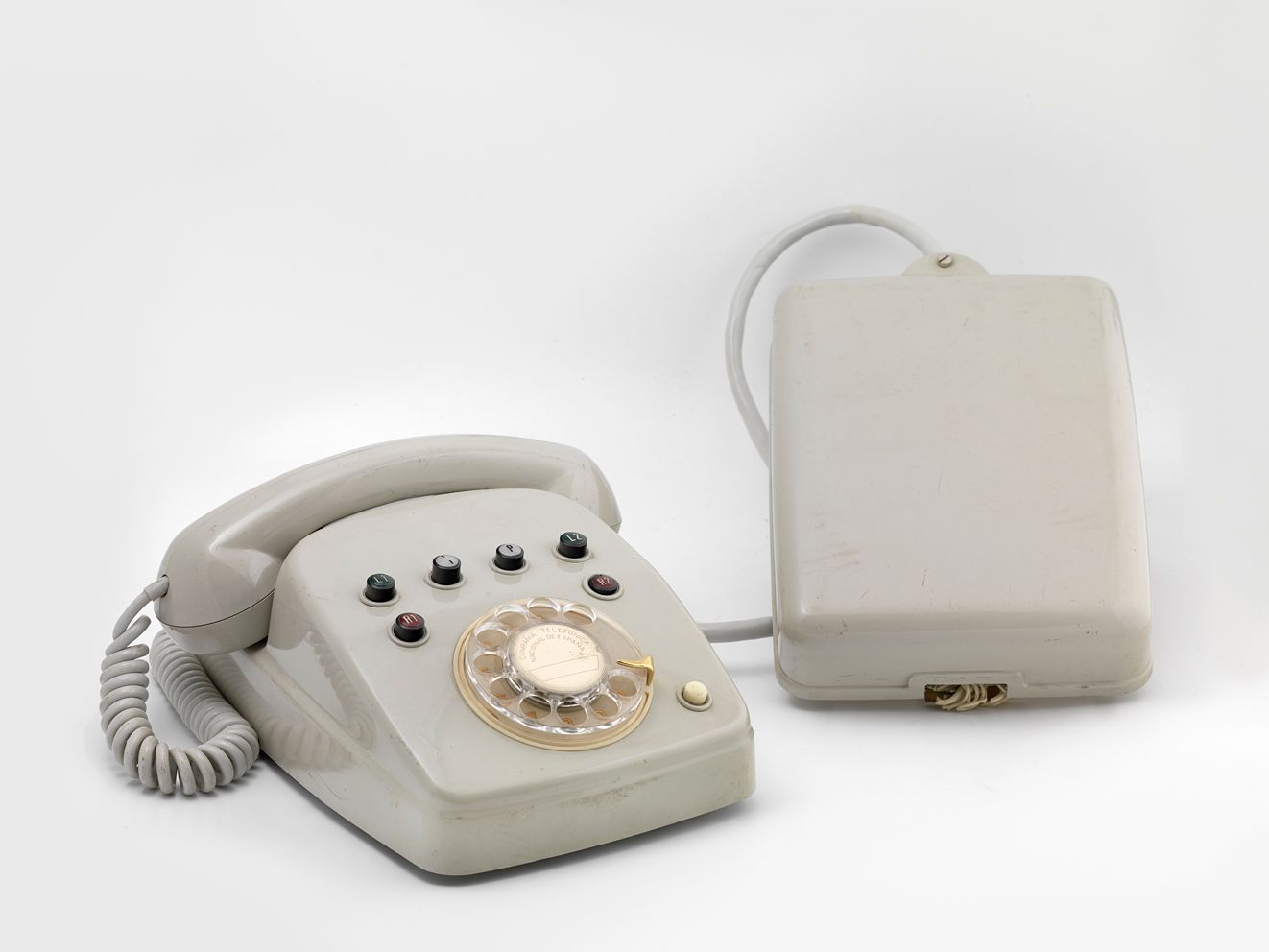
All banks represented on the Board
02
In 1960, Gervasio Collar, Chairman of Banco de Bilbao, joins the Board of Directors, replacing Mr. Conde de Arteche, who died that year. With him, all the major Spanish banks of the time are represented on the Board of CTNE. In particular, Banco de Bilbao, the origin of BBVA, will be a bank of reference and support for Telefónica over the years.
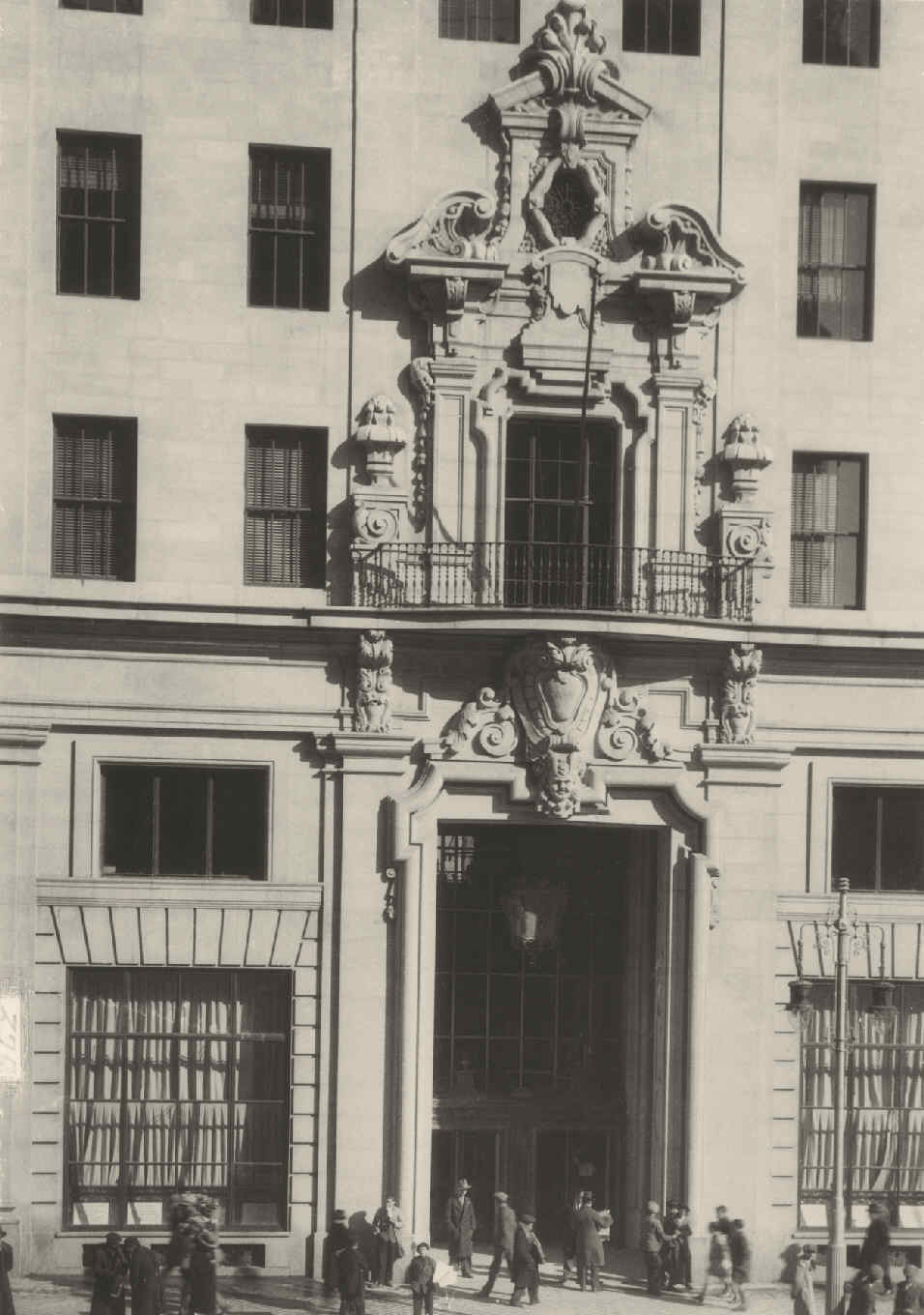
Attentive to the needs of its employees
03
In addition to the Institución Telefónica de Previsión and group insurance, Telefónica, always attentive to the needs of its employees - "welfare services for the benefit of the staff", as it called them in its Annual Report, had a new housing plan in place during these years for those who most needed it. Housing was still a pressing problem in Spain, and in 1960 the company provided up to 137 new-build flats, and financially helped a further 278 employees to buy a house in the most urgent cases. In addition, 322 employees' children were awarded scholarships to continue their studies.
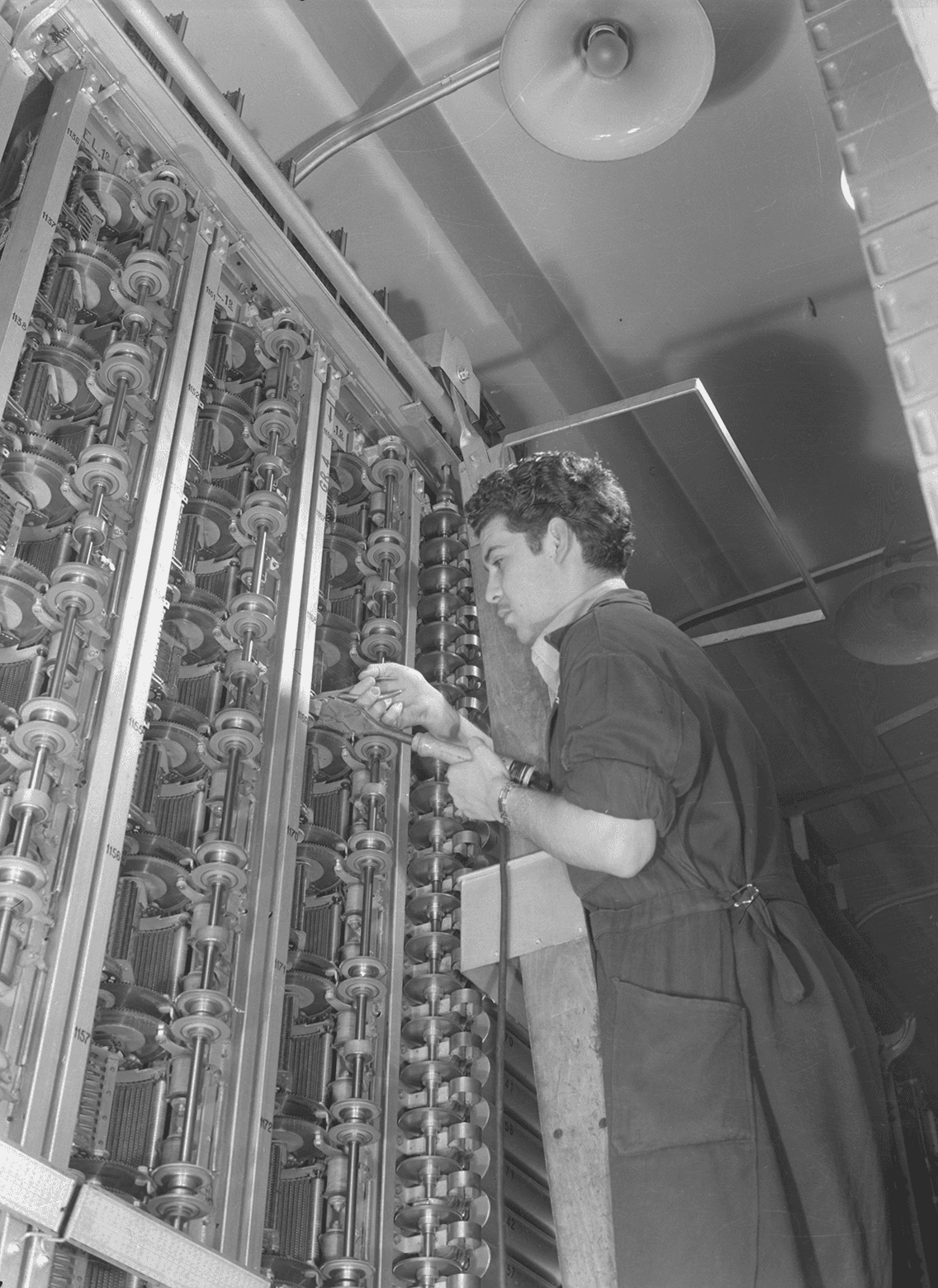
Do you have doubts about what happened?
Ask Aura